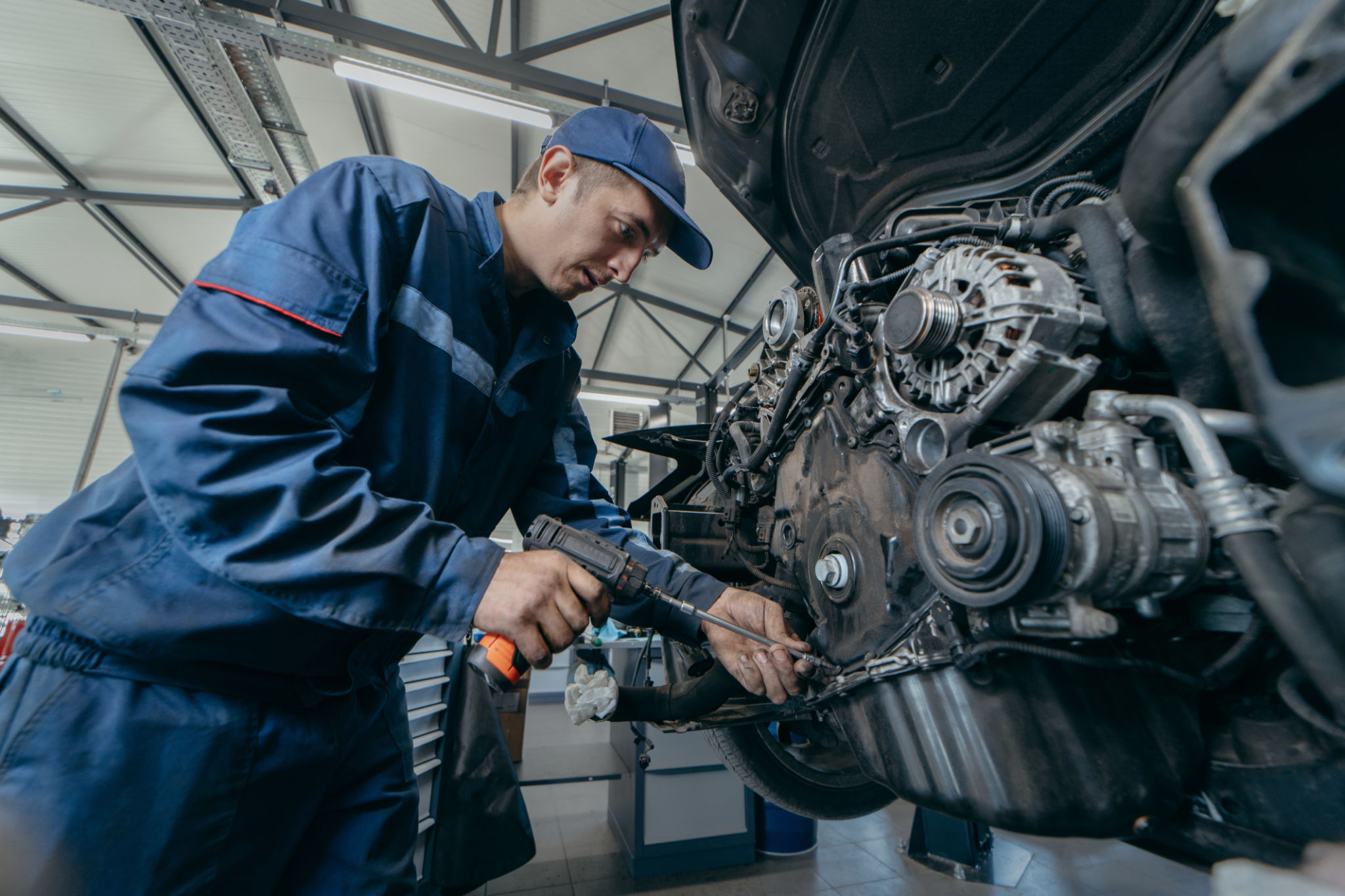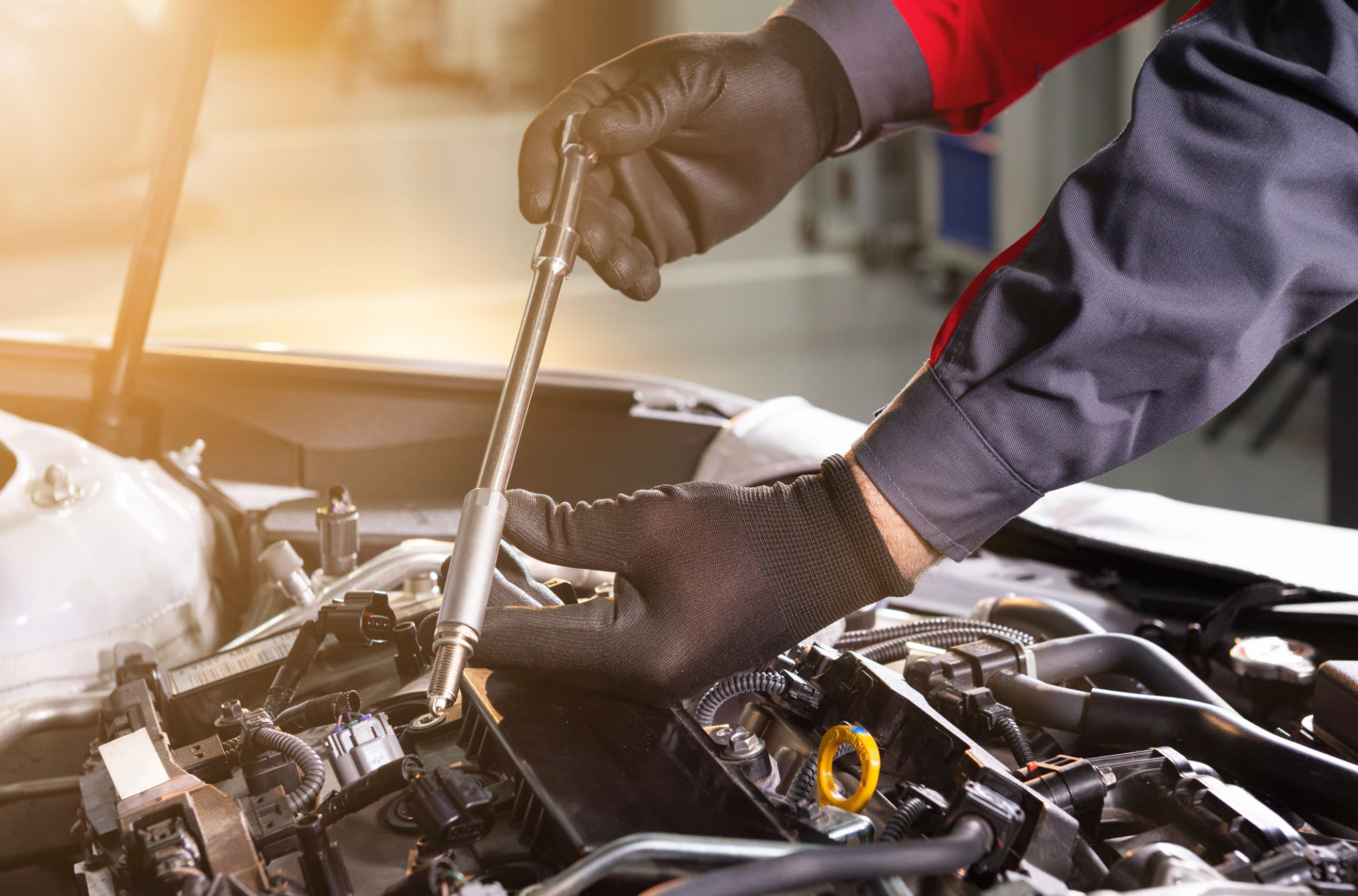Debunking Common Myths About Diesel Particulate Filters
SS
Understanding Diesel Particulate Filters
Diesel Particulate Filters (DPFs) play a crucial role in reducing emissions from diesel engines by capturing soot and other particulates. Despite their importance, numerous myths surround DPFs, leading to confusion among vehicle owners. This blog aims to debunk some of the most common misconceptions about DPFs and provide clarity on their function and maintenance.

Myth 1: DPFs Are Unnecessary
A common belief is that DPFs are unnecessary components that add little value. In reality, DPFs are essential for meeting stringent emission standards. They help reduce the harmful impact of diesel exhaust on the environment and human health by trapping harmful particulates. Removing or bypassing a DPF can lead to significant environmental harm and legal issues.
Myth 2: DPFs Decrease Engine Performance
Another prevalent myth is that DPFs reduce engine performance. While it's true that a clogged DPF can affect performance, regular maintenance ensures the filter operates efficiently without impacting the engine's power. Proper upkeep, including regular regeneration cycles, helps maintain optimal performance.

Maintenance and Regeneration
Maintaining a DPF involves understanding its regeneration process. Regeneration is a self-cleaning operation that burns off accumulated soot, preventing blockages. There are two types of regeneration: passive and active. Passive regeneration occurs naturally during highway driving, while active regeneration is initiated by the vehicle's computer when needed.
Myth 3: Regeneration is Complicated
Many believe that DPF regeneration is a complex process requiring professional intervention. However, most modern vehicles are equipped with systems that automatically manage regeneration. Drivers can support this process by taking occasional longer drives at higher speeds to facilitate passive regeneration.

Common Misconceptions
Misunderstandings about DPFs often stem from a lack of awareness about their function and benefits. Here are a few more myths that need debunking:
- DPFs are prone to frequent failures: With proper maintenance and understanding of regeneration, DPFs are reliable.
- All DPFs are the same: Different vehicles may have varied DPF designs and requirements; understanding your specific model is crucial.
Myth 4: Using Fuel Additives Can Substitute DPF Maintenance
Some believe that fuel additives can replace regular DPF maintenance. While certain additives can aid in reducing soot buildup, they are not a substitute for proper maintenance practices. Following manufacturer guidelines for maintenance remains essential for the longevity and efficiency of the filter.
The Importance of Proper Education
Educating vehicle owners about the importance and function of diesel particulate filters is crucial in dispelling myths. Understanding the role of DPFs in reducing emissions and maintaining vehicle performance can lead to better environmental outcomes and compliance with legal standards.
Ultimately, recognizing the myths surrounding DPFs and educating oneself about their true nature can significantly enhance vehicle efficiency and contribute to a cleaner environment.
